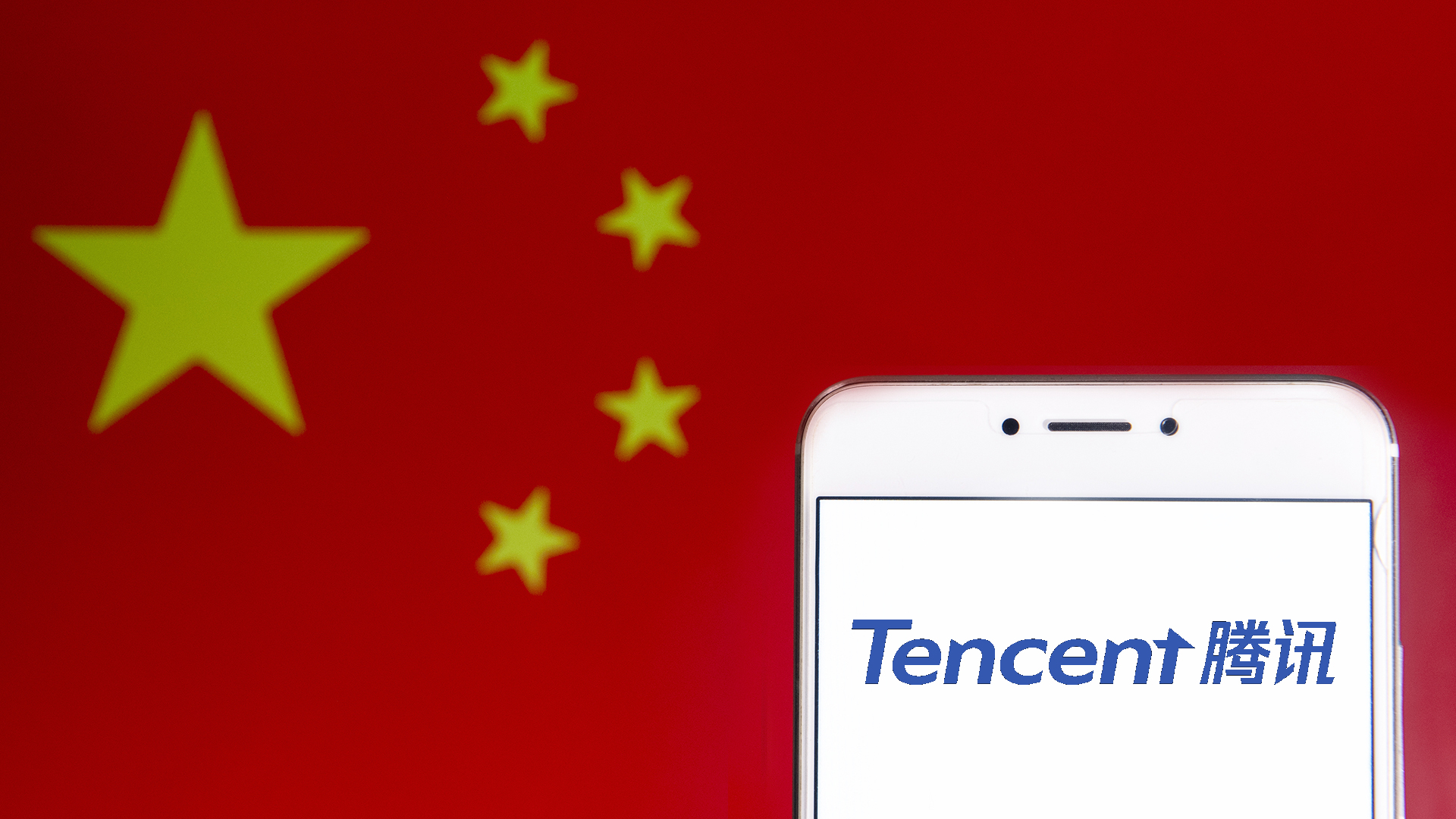Tencent is now using facial recognition to stop children in China from gaming all night
China's biggest tech company takes late-night gaming sessions very seriously.

Late-night gaming sessions for Chinese children are going to be much harder now that Tencent, China's largest tech company, is using facial recognition to stop kids from gaming after bedtime. Announced in a press release yesterday, Tencent said its new technology would require players to confirm their identity via facial recognition algorithm in order to keep playing mobile games past 10 pm. It's just the latest step Chinese companies are taking to conform (and stay ahead of) China's tightening regulations concerning when and how underage people play games.
So far the feature has been activated in 60 of Tencent's mobile games, including Honor of Kings and Game for Peace, but the feature will roll out to more of Tencent's mobile games over time.
The way it works is simple: If children under the age of 18 try to play a game after 10 pm or before 8 am, they'll have to pass a check that uses the phone's camera to verify their identity and age. This extra measure is in place to stop children who were easily circumventing previous age-gating methods to enforce China's strict laws on gaming activity.
Back in 2019, the government body responsible for regulating China's enormous games industry released a new set of restrictions that mandated Chinese gaming companies implement real name verification systems as well as limits to how long children can play and how much they can spend. Some of the systems designed to enforce these rules were evidently easy to sidestep, however, which is why Tencent is now using more air-tight methods like facial recognition in order to limit infractions.
The Chinese government says these regulations are to curb gaming addiction in China, where mobile and PC gaming are both massively popular. At the same time, privacy advocates are concerned that this collected data could be used for more nefarious reasons, like China's social credit system where some citizens can be penalized for a variety of behaviors deemed unsuitable by the government like not sorting their recycling properly.
At the same time, it also presents a moral dilemma for the developers who have to implement these systems—especially if they're not Chinese. Over the past few years, Tencent has aggressively expanded its influence in the gaming industry by investing in a variety of companies including Yager, Epic Games, and Platinum Games.
Back in 2019, Riot Games was the subject of controversy after it was pressured to implement anti-addiction measures in the Chinese version of League of Legends. Tencent owns a 100% stake in Riot Games, despite it being an American company. But by creating systems that were used to collect data and monitor the behavior of Chinese players, it raises thorny questions about how complicit American developers would be if that data were then used to violate those player's freedoms.
The biggest gaming news, reviews and hardware deals
Keep up to date with the most important stories and the best deals, as picked by the PC Gamer team.
But interestingly, according to a Digital Trends report, the Chinese version of League of Legends is not using this new facial recognition system yet—but it's likely it will be added eventually.
It's also clear that this new facial recognition system is an attempt by Tencent to continue to stay in the Chinese government's good graces. Despite China's gaming industry being so large (estimates say that it will reach 781 million gamers and $55 billion in revenue by 2025), it's also extremely volatile. In 2019, an overhaul of how China regulates and censors games led to a total freeze on the release of new games that lasted nearly 9 months. During that time, Tencent estimated it lost $190 billion in market value.
With over 7 years of experience with in-depth feature reporting, Steven's mission is to chronicle the fascinating ways that games intersect our lives. Whether it's colossal in-game wars in an MMO, or long-haul truckers who turn to games to protect them from the loneliness of the open road, Steven tries to unearth PC gaming's greatest untold stories. His love of PC gaming started extremely early. Without money to spend, he spent an entire day watching the progress bar on a 25mb download of the Heroes of Might and Magic 2 demo that he then played for at least a hundred hours. It was a good demo.


